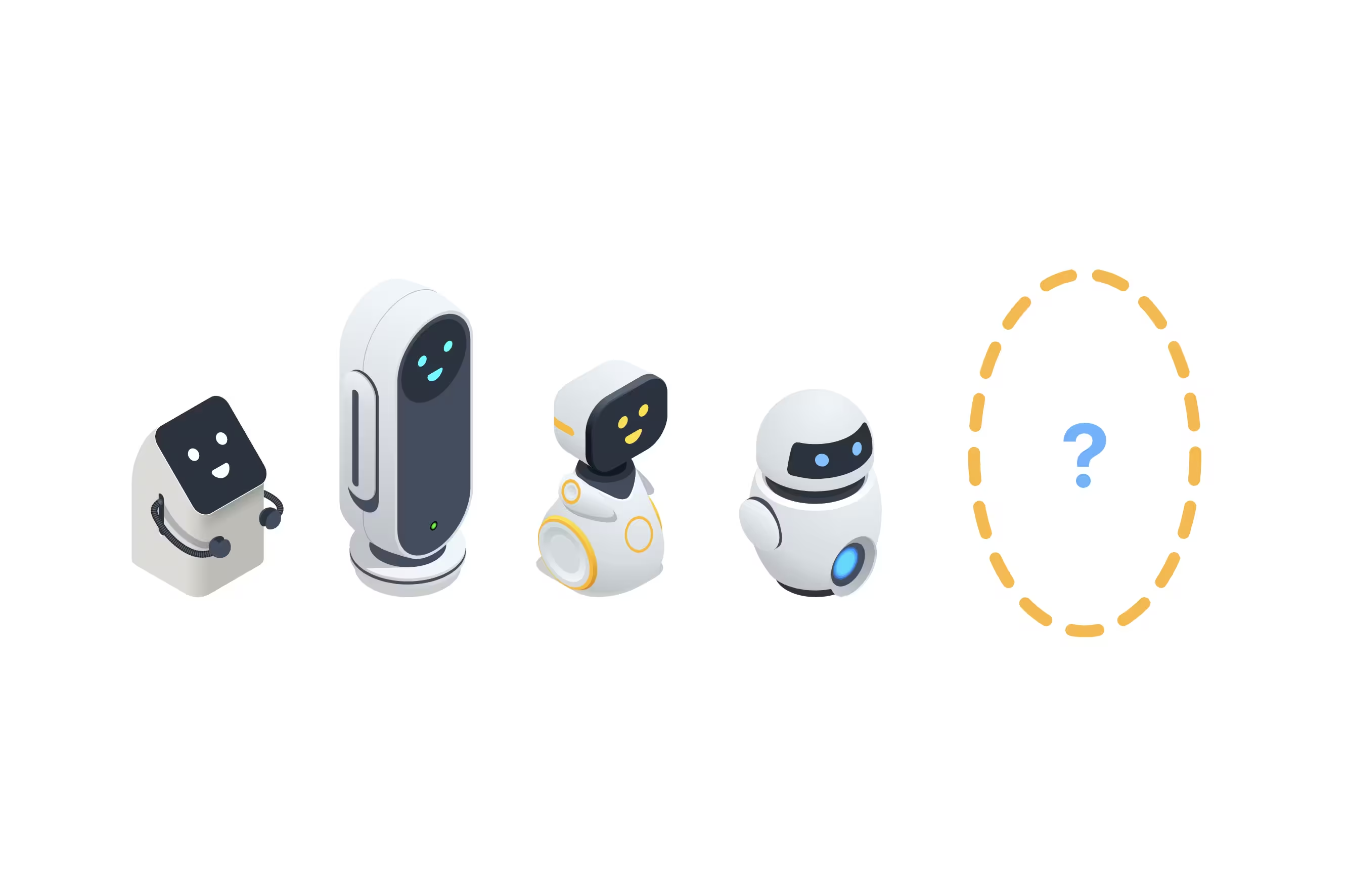How AI Can Enhance Empathy in Healthcare
By reducing the administrative burdens that weigh down healthcare, AI can help clinicians practice empathy more consistently


Popular articles
AI is transforming healthcare, offering tools that support everything from clinical decision-making to documentation. Yet some worry that these innovations will prioritize efficiency at the expense of patient-centered care.
But what if the opposite is true?
At Mobius MD, we build efficient medical workflow solutions so healthcare professionals can focus on what matters most: their patients. When implemented thoughtfully, we’re confident AI can actually enhance empathy in healthcare. Here are three ways that’s already happening.
1. Reducing Burnout by Automating Administrative Work
No one goes into medicine to fill out forms and manage inboxes. But for many physicians, that’s become the norm. Excessive administrative work is a key contributor to burnout. When clinicians are struggling, it’s harder to practice the kind of empathetic, patient-centered care that drew them to medicine in the first place.
That’s where AI can help.
Tools like Conveyor AI, Mobius MD’s ambient AI scribe, allow providers to capture clinical conversations naturally and automatically generate concise, structured notes in real time. By eliminating the need to type or dictate after each visit, Conveyor helps clinicians reclaim hours every week and stay focused on the patient in front of them.
AI can also streamline tasks like managing the EHR inbox and drafting responses. When physicians spend less time on clerical work, they have more energy to listen, connect, and communicate effectively.
2. Personalizing Treatment Plans with AI-Driven Insights
Empathy in healthcare is about more than bedside manner—it’s about recognizing that every patient is unique. AI is helping clinicians personalize care based on a patient’s genetics, medical history, and lifestyle. For example, researchers recently developed an AI tool that analyzes tumor biopsy slides to identify which prostate cancer patients are likely to benefit from specific medications. This targeted approach improved outcomes in clinical trials and avoided unnecessary treatment for many men.
AI can support more effective and empathetic care by helping clinicians match the right treatment to the right patient.
3. Educating and Empowering Patients
Empathetic care means empowering patients to be active participants in their health. Bridging the gap between medical best practices and patient understanding requires clear communication.
AI tools can simplify complex medical language, generating plain-language summaries that help patients understand their diagnoses and treatment options. For example, at NYU Langone, researchers have shown how AI can turn heart test results into easy-to-understand explanations that improve patient comprehension and trust.
Patients who understand their care are more likely to ask questions, follow treatment plans, and feel confident in their health decisions. AI supports this by making information accessible and fostering a more collaborative and compassionate healthcare experience.
Reducing the Workload for Empathetic Providers
There’s a lot of excitement around “empathetic AI” tools that simulate human behaviors like active listening or emotional understanding. While that’s an important trend, AI's real opportunity lies in helping human clinicians practice empathy more consistently. By reducing the administrative burdens that weigh down healthcare, AI gives providers the time and mental space to focus on meaningful interactions at work.
Related Articles


We Get Doctors Home on Time.
Contact us
We proudly offer enterprise-ready solutions for large clinical practices and hospitals.
Whether you’re looking for a universal dictation platform or want to improve the documentation efficiency of your workforce, we’re here to help.





